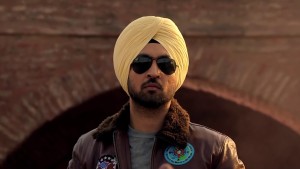“From the first day we have been fighting the wrong enemy; our common enemy is religion which dictates upon us division and partition.” – Afghan journalist, M.F. Moonzajer.
There was a time when everyone in the nation of British India was united for the cause of independence. Citizens of different religions, castes and creeds, joined hands to fight against one common enemy, the British regime. However, somewhere along the way, brothers and friends lost track of their collective dreams, wavered from their goals, and forgot who they were waging a war against. After more than two hundred years of unity, these men and women suddenly turned against one another, purely due to religious differences. No longer was freedom the only prize they desired. Instead, they wanted power, and a separate state. On the verge of attaining independence, patriotic leaders gave in, and India suddenly remained broken. A new nation, named Pakistan, was formed on August 14, 1947, and several families were uprooted and left homeless. If you are wondering what the real reason was behind the gruesome partition was, read on.
1. The Differences Between The Hindus And The Muslims
Under the British Raj, the Muslims were a minority, accounting for only one-fourth of the total population of India. Though they were spread across the whole nation, the tension between the Muslim and Hindu communities were quite evident. During the British rule, both religious communities differed widely from one another. While followers of Islam believed in one god, Allah, and followed the Quran, Hindus worshipped several deities and swore by the Bhagavad Gita. As if just religious dissimilarities weren’t enough, they were strictly against interacting with each other. One would not visit the household of the other, they would not eat together, and they insisted on attending different educational institutions. The Muslims survived on a staple diet of beef, while Hindus held the cow as a sacred animal. Even the water they consumed had to come from separate sources. This situation was worsened by the fact that the Muslims lived in perpetual apprehension that the Hindus, who were the majority, would restrict the former’s way of living.
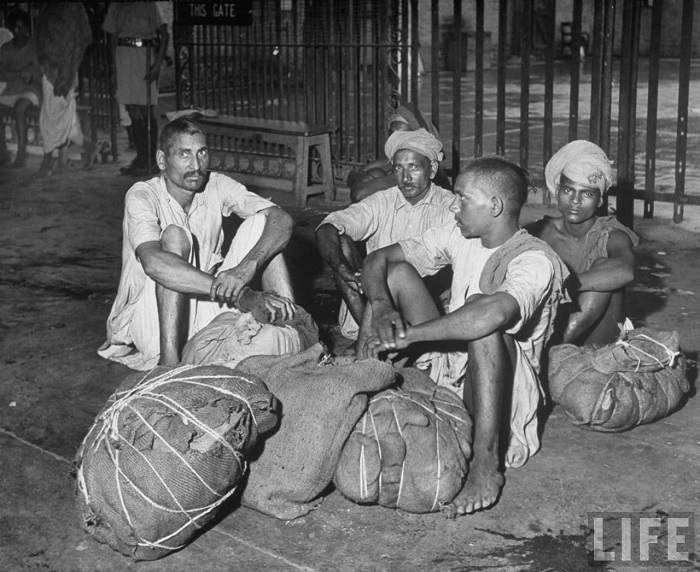
2. Muhammad Iqbal And His Two Nation Theory
The first suggestion that Hindus and Muslims should live in separate self-governed states was put forward in 1930 by Muhammad Iqbal, the poet who had penned the patriotic song, ‘Saare Jahan Se Achcha Hindustan Hamara’. He insisted that, keeping in mind the obvious religious and cultural differences between the two communities, it was best that India be divided into two nations. According to his Two Nation Theory, there was undoubtedly no chance that Hindus and Muslims could exist in harmony in the same country, owing to the fact that their customs, beliefs and practices were diametrically opposite.
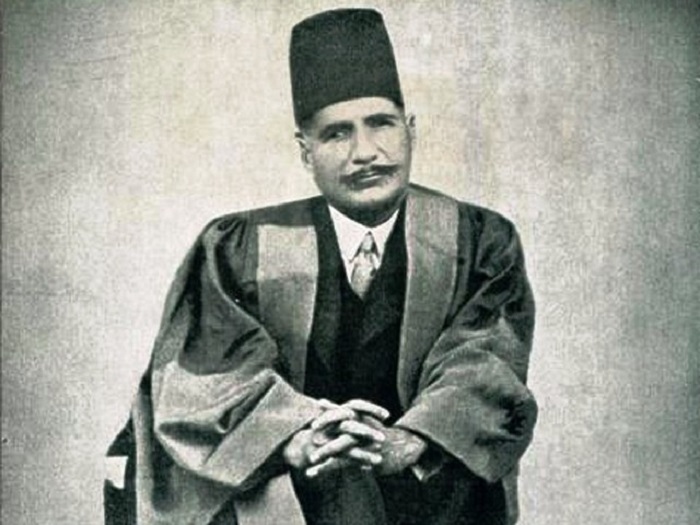
Photo Credit
http://blogs.tribune.com.pk/story/5511/iqbal-beyond-poetic-catchphrases/
3. 1946 Hindu-Muslim Riots
The long-existent feud between the Hindus and the Muslims, despite their common goal of freedom from the British regime, led to the riots of August 16, 1946. The communal violence started off in Calcutta (present day Kolkata), when several Hindus were attacked, after a protest march led by the Muslim League. On that day, in the capital of British India alone, 4000 people lost their lives, most of them being Hindus and some belonging to the Sikh community. When the Hindus and the Sikhs fought back, the riots spread to adjoining cities, and the death toll went up to 5000, with thousands critically injured and left to survive on the streets. Though the British government managed to bring the riots under control soon thereafter, the antagonism had crossed its limits.
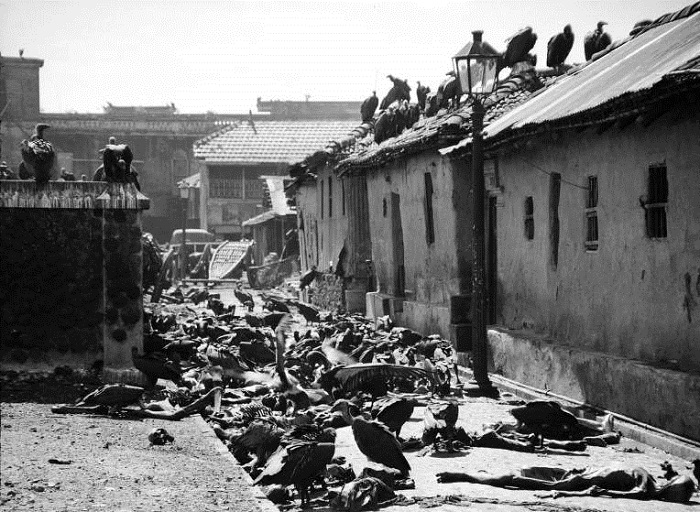
Photo Credit
http://time.com/3879963/vultures-of-calcutta-the-gruesome-aftermath-of-indias-1946-hindu-muslim-riots/
4. The Role Played By Muhammad Ali Jinnah
Based on what Muhammad Iqbal had suggested, Muhammad Ali Jinnah, the President of the Muslim League, began insisting that Muslims in the country be given a separate state with a separate government. He even decided on the name of the new Muslim nation-Pakistan. It is believed by many that Pandit Jawaharlal Nehru was pitted to be the Prime Minister of India after its independence, and Jinnah was against this decision. The latter started reiterating this fact at every public speech he delivered, propagating the division of India. With several members of the Indian National Congress crusading against the killing of cows, and demanding that Hindi be made the national language, Muslims began feeling threatened. Jinnah, the prime spokesperson on behalf of the Muslim population in the country, thus wanted to ensure that the identity of the followers of Islam were not lost in this religious battle.
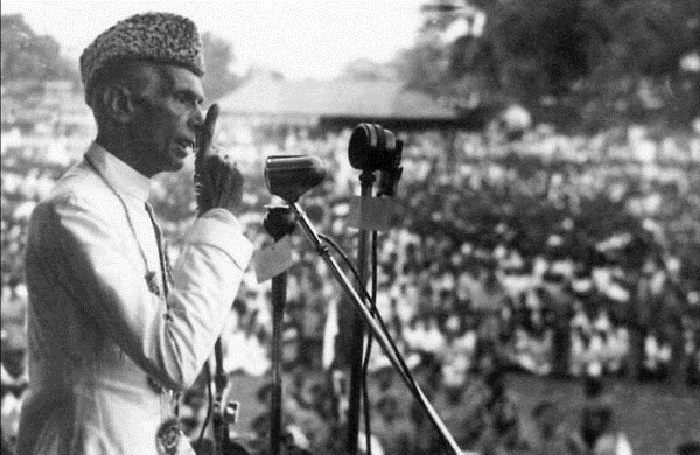
Photo Credit
https://tirmizi110.wordpress.com/2013/08/23/quaid-e-azam-muhammad-ali-jinnah/
5. How Gandhi and Nehru Affected The Partition
Contrary to the widely held belief that Jinnah was solely responsible for the India-Pakistan Partition, many people are of the opinion that Mahatma Gandhi and Jawaharlal Nehru were partly to blame too. According to Lord Mountbatten, it was Nehru who had rejected the Cabinet Mission plan. According to the plan, the British government had suggested that the country be divided into three zones, based on the customs, practices, and languages. However, all these zones would be governed by a single administration. As many opine, Nehru did not oppose the Partition, and though Gandhi was not happy with a divided India, he did not do much to prevent it, remaining a passive bystander.
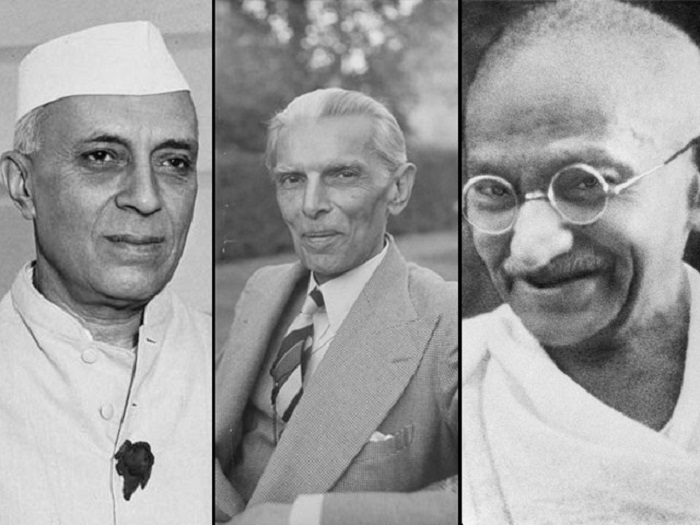
Photo Credit
http://blogs.tribune.com.pk/story/21514/on-jinnah-and-nehru-one-mans-hero-is-another-mans-villain/
6. How Cyril Radcliffe Acted As A Catalyst
The proposal for two separate nations were soon accepted by the British and the responsibility of dividing India was assigned to a British lawyer named Cyril Radcliffe. What was a huge blow to the decision was the fact that Radcliffe’s knowledge about the practices and customs of India was limited, and he went about separating the nation according to its geography. As a result, there were several areas that were included in Pakistan, but had a majority of Sikh and Hindu population. Similarly, many regions that fell under the new India had a strong Muslim population. Since he was the chairman of the partition committee, his decision was considered final, and nothing could be modified later. This partition that lacked proper research, resulted in heightened dissension and distress among the warring Hindu and Muslim communities, and did nothing to smoothen out the strife.
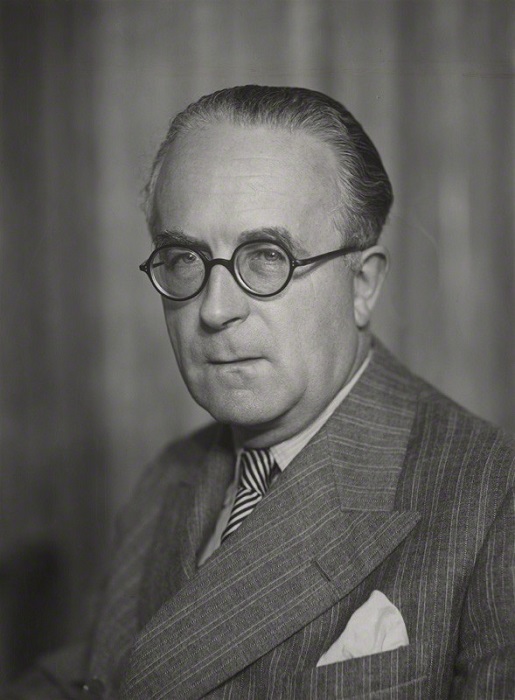
Photo Credit
http://www.hampsteadtheatre.com/news/2013/09/drawing-the-line-who-are-they/
7. The British Government’s Hurried Declaration Of Independence
In 1944, the World War II finally ended, and Clement Attlee, the new British Prime Minister representing the Labor Party, insisted on declaring independence for India. This decision was taken because the British Empire was drowning in debts as a consequence of the thousands of wars they had fought. Their colonies were no longer a sign of their power. Instead these countries had become a liability for the British Government. Lord Mountbatten was given the responsibility of granting India its freedom, and he announced that by June 1948, the colonized nation would be liberated. However, the indomitable strife that ensued between the Hindus and the Muslims became too much to handle for the British government, and they took the hasty decision of preponing the independence, and leaving India altogether. This is why, the British agreed to the partition demanded by Jinnah by early 1947.
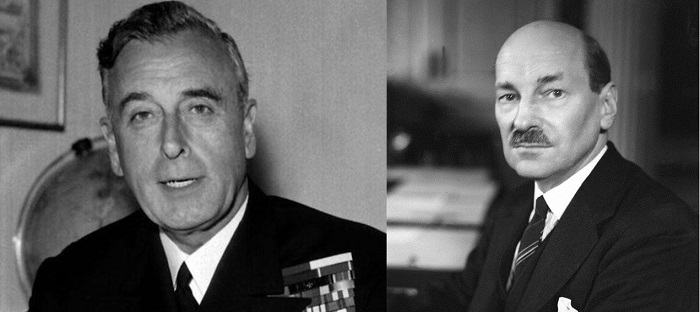
Photo Credit
http://www.bbc.com/news/uk-32811974
http://www.npg.org.uk/collections/search/portrait/mw49166/Clement-Attlee
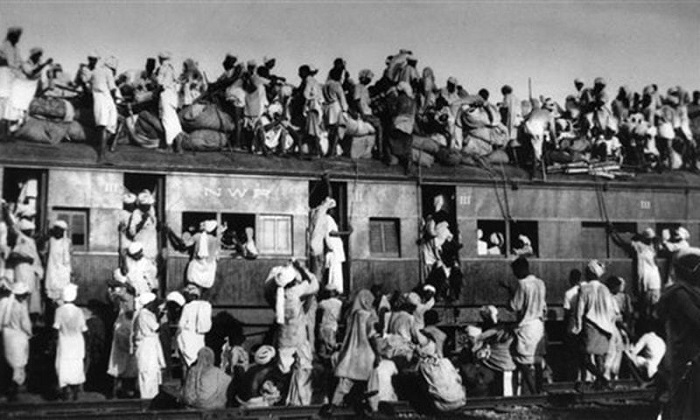
Photo Credit
http://www.dawn.com/news/1169309


